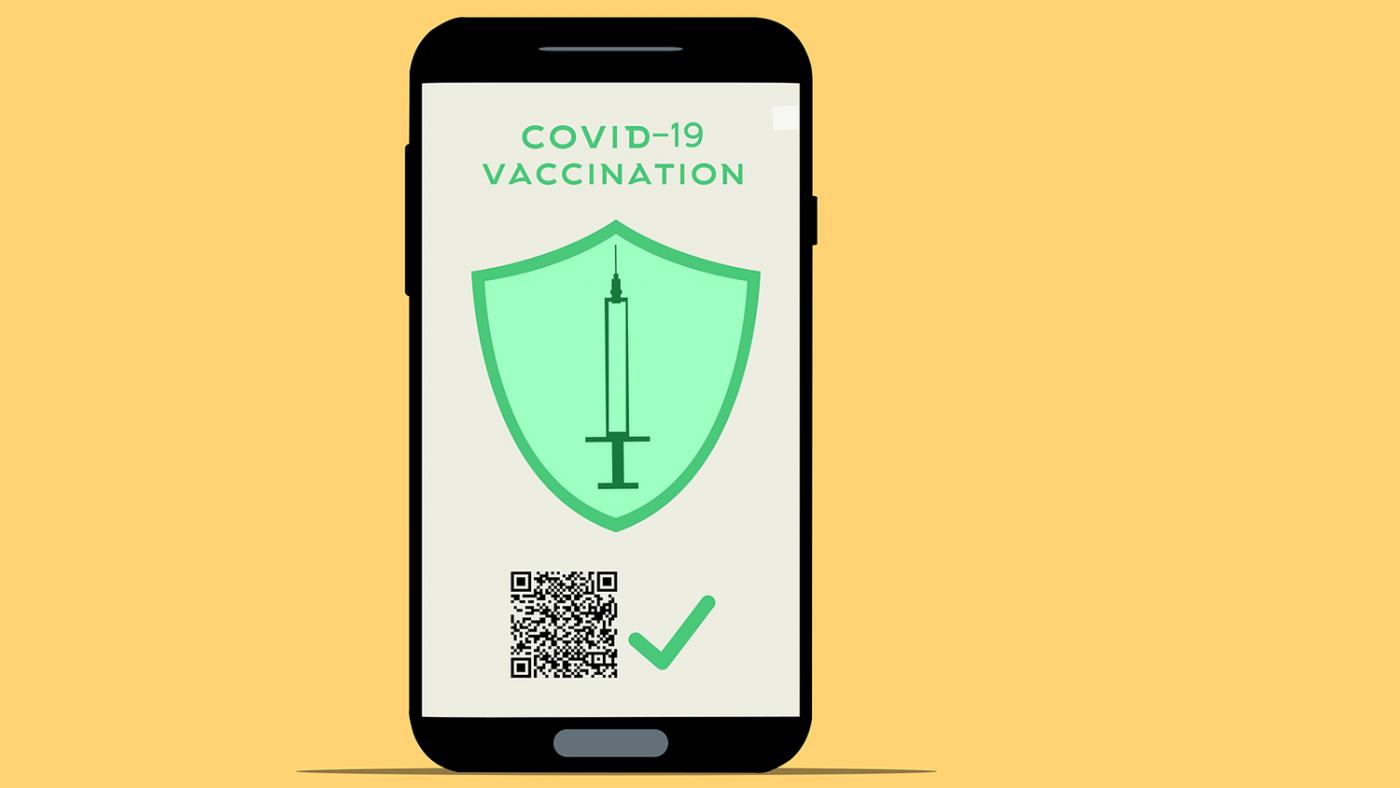Covid pass at universities even less likely now

The previous cabinet was looking to amend certain laws in order to fight against the coronavirus. One of the things they wanted to facilitate was the introduction of a Covid pass in higher education institutions without having to involve co-participation councils.
This week, members of the House of Representatives will submit written questions about this draft bill. While the previous government treated it as an urgent matter, the current cabinet doesn't seem to do the same.
Researchers from the universities of Delft, Utrecht, and Rotterdam reported (document in Dutch, Ed) this week that the effects of the Covid pass are actually limited. The measure is not expected to stop the advance of a virus as infectious as the Omicron variant.
Spread
The Covid pass can be used according to different models: on the one called 3G, entry is granted to those who are fully vaccinated, have recovered from Covid, or tested negative in the previous 24 hours. In the 2G model, entry is only granted to the vaccinated and those who recovered. Finally, 1G is when only a negative test suffices to be granted access to a venue.
The researchers’ conclusion, however, is that none of these restrictions will be able to stop the virus in its tracks. Only the latter (testing everyone) might help a little, according to the research report. However, the situation could change moving forward, as 2G and 3G could be effective against other variants.
The introduction of a Covid pass for higher education institutions is a sensitive issue because it restricts the accessibility of education. The pass would also be difficult to enforce on the universities' premises.
Outbreak Management Team
In the past, the experts of the Outbreak Management Team, which advises the Dutch government on how to deal with the pandemic, were also sceptical about Covid passes for higher education. They even stated that such passes wouldn’t be effective to stop the spread of the virus. Moreover, they used to believe that Covid passes would be less effective amongst young people than amongst older people.
In December, then health minister Hugo de Jonge said that the government would only introduce Covid passes in higher education as a last resort. It remains to be seen what view his successor, Ernst Kuipers, will take on the matter.
The legislation required to introduce Covid passes in higher education is already in place, but, at the insistence of the House of Representatives, it can only be implemented if the institutions’ participation councils are involved in the process. The reasoning behind this decision was that there would be no point in a Covid pass if there is no support base for it.
Too long
The previous government was afraid that this procedure would take too long. It wanted to be able to act quickly if the need arose. The hope at the time was that a Covid pass would help avoid a lockdown.